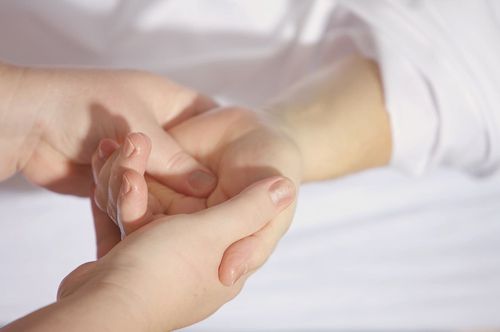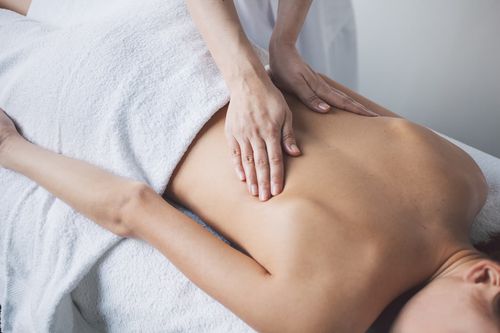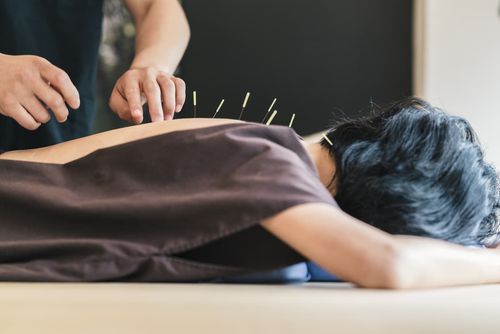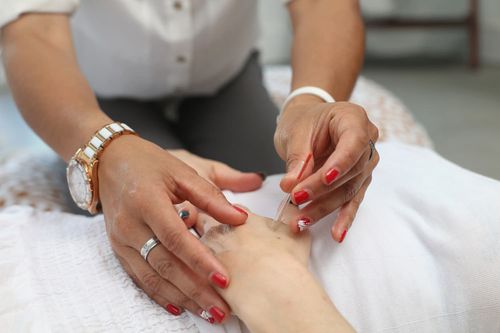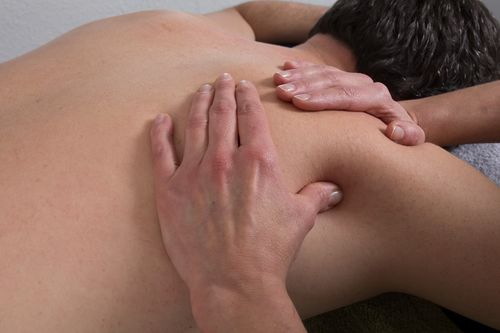What is Acupressure?
Acupressure is an alternative medicine treatment with roots in Traditional Chinese Medicine (TCM), which aims to clear blockages in the "meridians" in the body. In TCM, the meridian is a term used to describe the invisible lines that carry life energy, also known as Qi (or Ki), throughout the body. It is believed that there are 12 major meridians that connect specific organs, forming a system of communication throughout the body.
When a person is in excellent health condition, the meridians in the body appear to be open and clear of blockage. Illnesses can occur when one of the meridians is blocked or out of balance. The goal of acupressure is to restore health and balance in the body by applying gentle pressure to these points to remove these blockages.
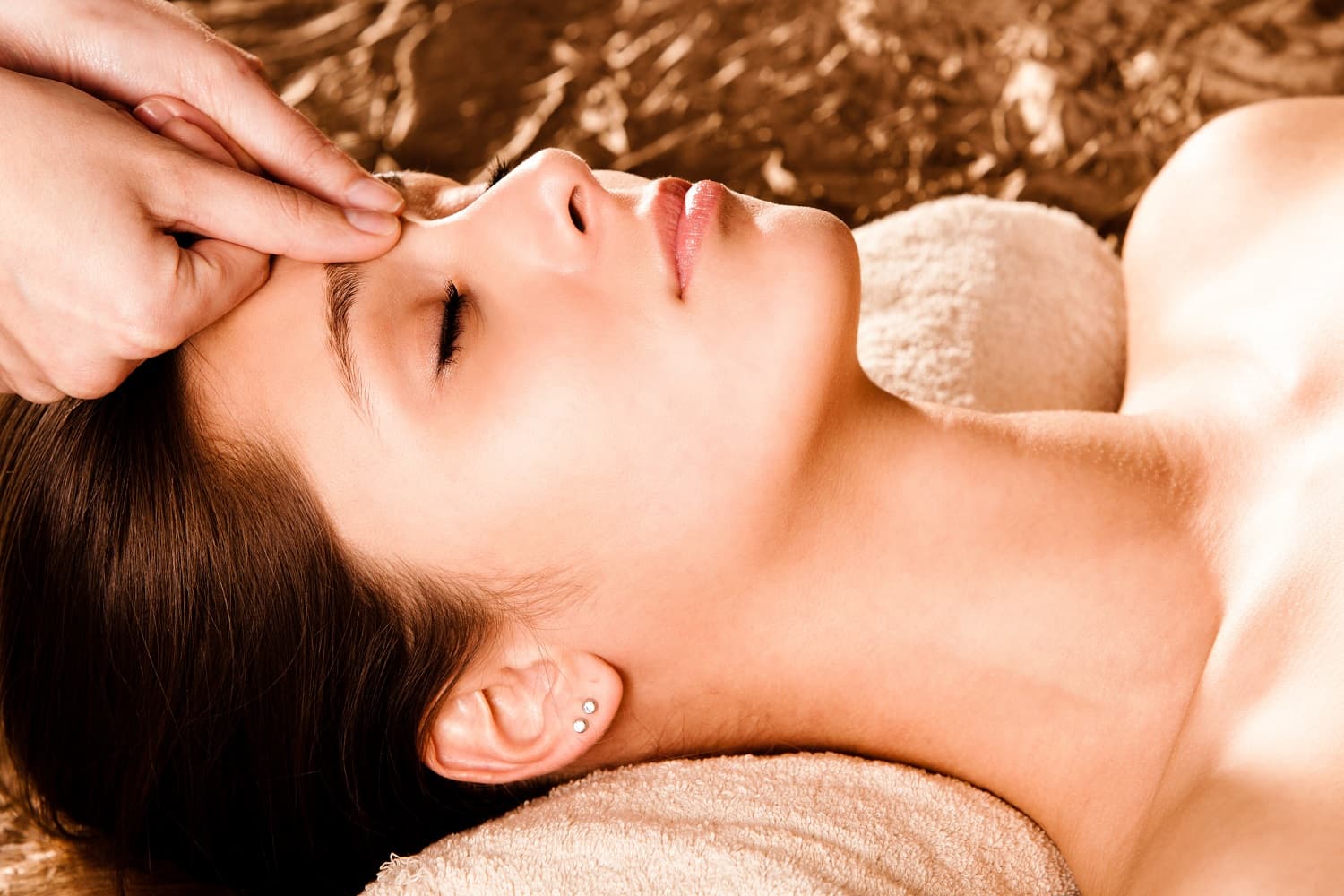
How Does Acupressure Work?
Applying the same principles as acupuncture, acupressure promotes wellness, relaxation, and treatment for various diseases. But unlike acupuncture, it doesn't use needles during treatment. It is often described as "acupuncture without needles." Instead of using needles, an acupressure massage therapist uses deep finger pressure targeted at specific points in the meridian.
What Are Acupressure Points?
There are literally hundreds of acupuncture points in the body. The following are the commonly used points by acupuncturists and acupressure massage therapists, and their respective benefits:
- Gallbladder 20 (GB20): Feng Chi - good for headaches, migraines, eye fatigue or blurriness, low energy, and flu/cold symptoms
- Gallbladder 21 (GB21): Jian Jing - good for stress, facial pain, headaches, toothaches, and neck pain.
- Large Intestine 4 (LI4): He Gu - good for stress, headaches, toothaches, facial pain and neck pain.
- Liver 3 (LV3): Tai Chong - good for stress, low back pain, high blood pressure, limb pain, insomnia and emotional upset.
- Pericardium 6 (P6): Nei Guan - good for nausea, anxiety, carpal tunnel syndrome, upset stomach, motion sickness and headaches and is even used for regulation of heart palpitations.
- Triple Energizer 3: Zhong Zhu - good for temporal headaches, shoulder and neck tension, and upper back pain.
- Spleen 6 (SP6): San Yin Jiao - good for many urological and pelvic disorders as well as fatigue and insomnia. This should be avoided during pregnancy.
- Stomach 36 (ST36): Zu San Li - good for fatigue and depression as well as knee pain and gastrointestinal discomfort. It is also frequently used by Asians for health promotion and longevity.
What Are the Benefits of Acupressure?
Acupressure is a holistic treatment designed to help the body's ability to heal itself. In other words, it is not designed to treat specific illnesses. The following are some common complaints that many people have found relief from after an acupressure session:
- Fatigue
- Headaches
- Chronic pain
- Stress
- Tension
- Nausea
- Anxiety and depression
- Back pain
- Motion sickness
- Muscle soreness
- Arthritis
Acupressure also increases blood circulation and helps in removing toxic wastes from the body. Also, after going through an acupressure session, you will leave with a happy disposition as it helps boost your mood.
What Can You Expect from Acupressure?
The amount of pressure applied during an acupressure session depends on the preference of the patient and the assessment results of the therapist. The patient is asked to lie down on a massage table, and then the therapist gently presses the points situated on various parts of their body. The session is gentle and noninvasive. Also, an average session lasts for about an hour and may require a number of follow-up sessions to complete the treatment.
